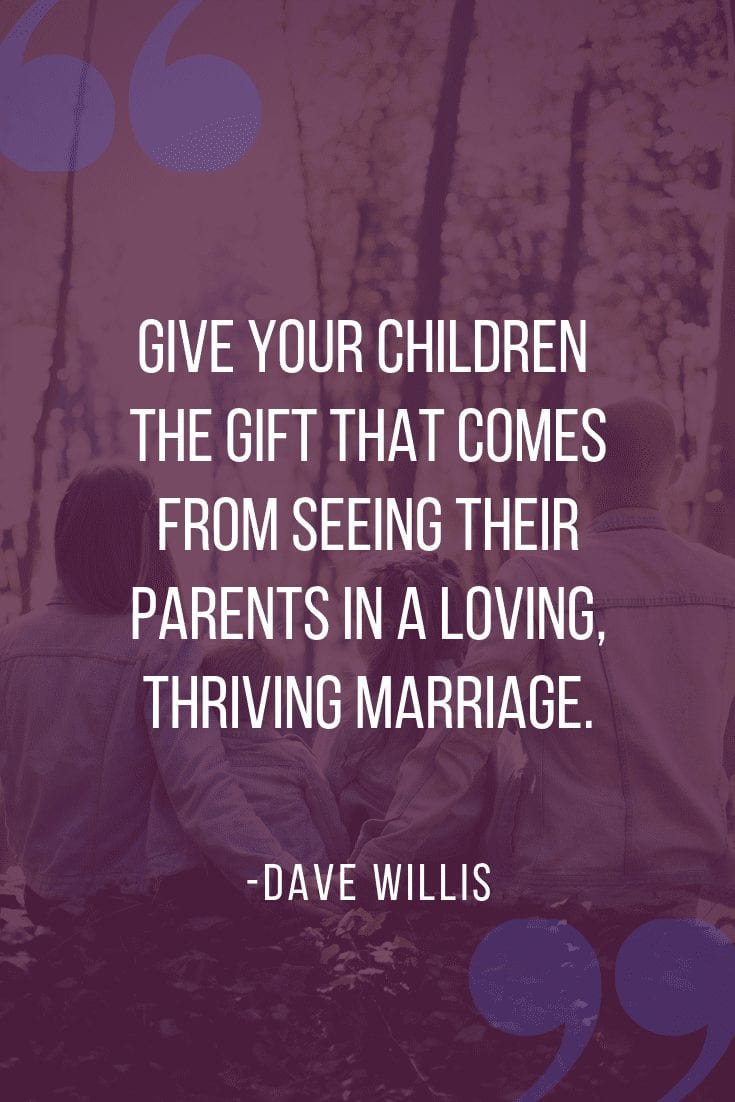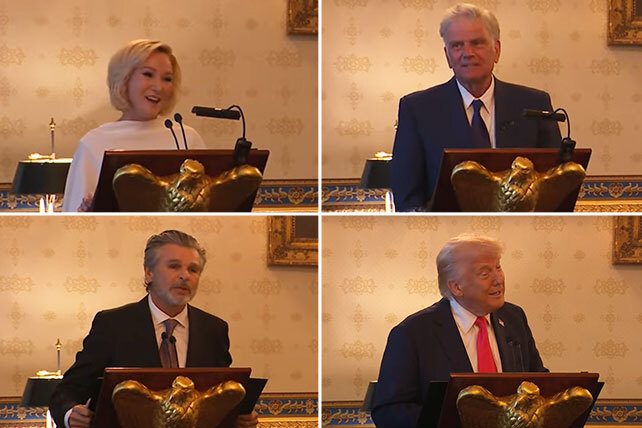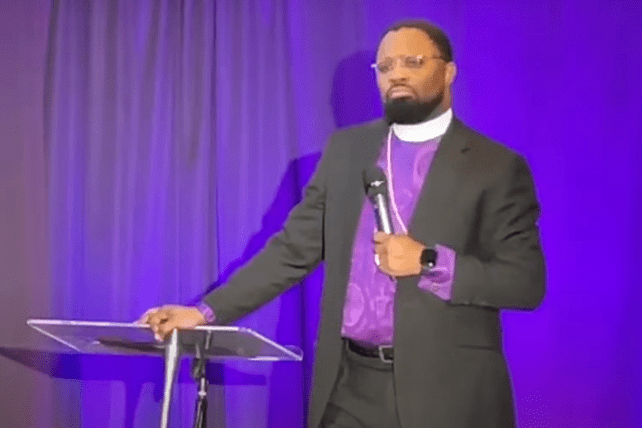Terry Gene Bollea (a.k.a. Hulk Hogan) is clearly one of the most recognized and awarded American wrestling stars. The five-time WWF Champion has lately been outspoken about his beliefs, returning to the faith he found as a teenager.
“I accepted Christ as my Savior, but it took a while for me to get it,” Hogan recently recalled.
Hulk Hogan ‘Totally Surrendered’ and Makes His Faith a Priority
On a recent episode of “Try That in a Small Town Podcast,” Hogan opened up about his life and career as a professional wrestler. One topic he kept returning to was his faith.
Hulk Hogan began following Christ as a teenager, at the age of 14. He recalled playing guitar at a youth ranch. A couple fellow football players invited him to a Christian youth ranch and recruited him to play guitar for worship.
“I brought my guitar and ended up playing guitar for all the songs,” recalled Hogan. “I accepted Christ as my Savior then, but it took a while for me to get it.”
He admitted that he “didn’t follow the path for many years.” But that all changed after “all the stuff that’s happened.” The professional wrestler had a roller coaster career with incredible success in the 80s.
“All the crashing and burning and getting up and moving forward and starting over—and crashing and burning again after this mistake, after that mistake, I just totally surrendered,” said Hogan.
Hogan was also involved in feuds and legal battles. He returned to wrestling multiple times and is still battling the physical injuries and strain of his career.
“You know, I’ve fought harder than anybody,” Hogan said. “I’ve worked more longer hours than anybody, and I’m just so tired of being in the same empty back-to-zero space.”
He has since returned to church, attending each week. Hogan was also baptized at Indian Rocks Baptist Church in Largo, Florida, in December 2023.
“I just tell my big God about my little problems, and all those people that nip at my heels,” said Hogan. “I just pray for them. I can’t get involved with the drama because I just let God fight those battles. I just let him take over.”
Hogan became friends with many of the wrestlers he competed against. For some, like “Rowdy” Roddy Piper, it took years for the two to set aside their differences.











 #4 might be the most common (and one of the most dangerous) habits that lead to divorce on the list…
#4 might be the most common (and one of the most dangerous) habits that lead to divorce on the list…





 Witnessing a friend endure an emotionally painful situation can leave you feeling helpless, eager to offer support but uncertain about the best way to do so. Understanding how to help your friends metabolize their pain, process their
Witnessing a friend endure an emotionally painful situation can leave you feeling helpless, eager to offer support but uncertain about the best way to do so. Understanding how to help your friends metabolize their pain, process their 



 No leader or
No leader or 






